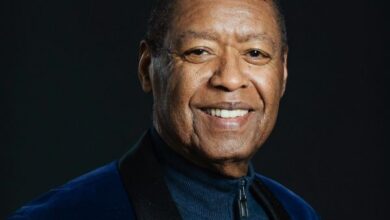
United Nations Children’s Fund (UNICEF), on Monday, says no fewer than 400,000 children in Adamawa communities require support for nutrition treatment.
Its Chief of Field Office in Bauchi, Dr Nuzhat Rafique, stated this in Yola at a two-day workshop on Legislative Action and Commitment to Nutrition organised by the Adamawa Planning Commission with support from UNICEF.
She said about 50 per cent of children were suffering from chronic malnutrition in the state, while encouraging exclusive breastfeeding.
Rafique said UNICEF had supported Adamawa with nutrition supplements and called on all to collaborate to end the malnutrition crisis.
Mr Bathiya Wesley, Speaker, Adamawa State House of Assembly, assured the readiness of the house to facilitate legislative actions and commitment to nutrition policy and financing to improve the well-being of Adamawa children.
Wesley, represented by Kate Mamuno, Majority Leader of the Assembly, said the programme was apt and necessary.
“We in the assembly, we will make sure that these policies are taken into consideration so that our children will have the benefit of these nutrition programmes.
“Therefore, we will ensure that these policies are backed up by legislation, and we are ready to do so for the betterment of Adamawa children,” Wesley said.
According to UNICEF, Nigeria has the second highest burden of stunted children in the world, with a national prevalence rate of 32 percent of children under five. An estimated 2 million children in Nigeria suffer from severe acute malnutrition (SAM), but only two out of every 10 children affected is currently reached with treatment. Seven percent of women of childbearing age also suffer from acute malnutrition.
Philomena Irene, UNICEF’s Nutrition Specialist, Bauchi Field Office, said the objective of the meeting was to provide an opportunity to discuss strategies to strengthen multi-sectoral approaches to nutrition treatment and nutrition investment.
Irene said the programme would also foster partnerships between the legislature, government agencies, development partners, and civil society organisations.
Dr Mary Padinga, Chairman, Adamawa Planning Commission, appreciated UNICEF for supporting the state government.
According to her, the steps taken are deliberate to ensure that there are good policies with legislative backing toward strengthening the fight against malnutrition in the state.
Padinga expressed optimism that the state assembly would ensure legal backing for the programme.










